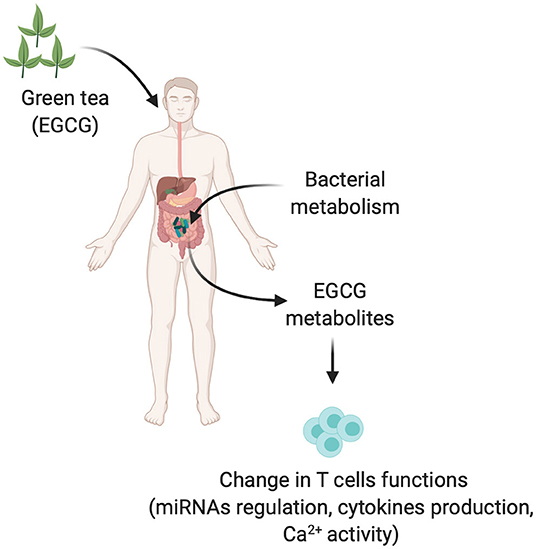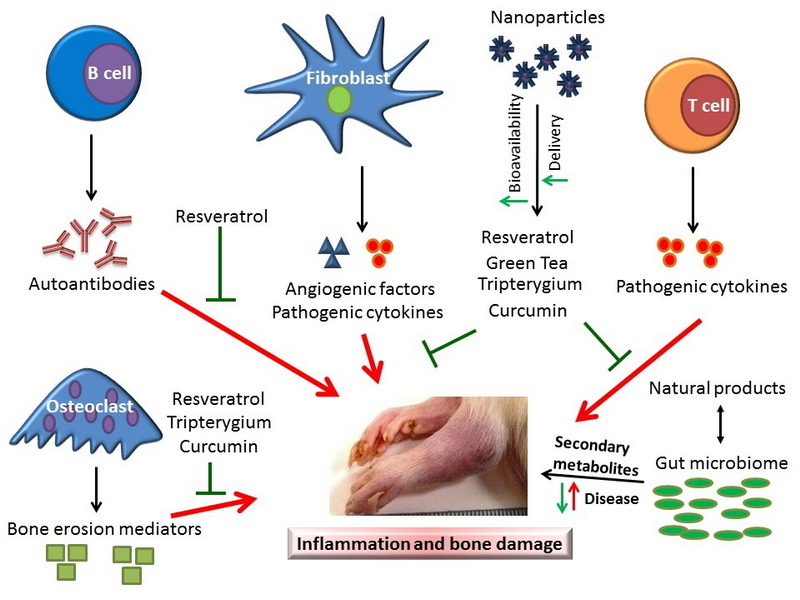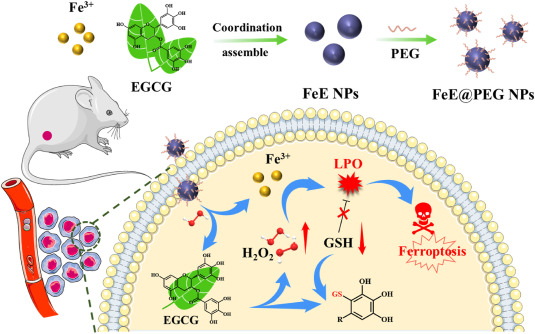Content Menu
● Understanding Green Tea Extract and CLL
>> Mechanism of Action
● Recommended Dosage of Green Tea Extract for CLL
● Potential Benefits of Green Tea Extract in CLL Management
● Risks and Side Effects
● Clinical Evidence Supporting Green Tea Extract Use
>> Phase II Clinical Trials
>> Laboratory Studies
● Additional Health Benefits of Green Tea Extract
● Conclusion
● FAQ
>> 1. What is the primary active ingredient in green tea that may help with CLL?
>> 2. How much green tea extract should I take if I have CLL?
>> 3. Are there any side effects associated with taking green tea extract?
>> 4. Can I rely solely on green tea extract for treating my CLL?
>> 5. Is it safe to drink regular green tea while taking supplements?
● Citations:
Chronic Lymphocytic Leukemia (CLL) is a type of cancer that affects the blood and bone marrow, characterized by the accumulation of abnormal lymphocytes. As patients seek complementary therapies alongside conventional treatments, green tea extract, particularly its component epigallocatechin gallate (EGCG), has garnered attention for its potential benefits in managing CLL. This article explores how much green tea extract may be beneficial for individuals with CLL, backed by research findings and clinical trials.

Understanding Green Tea Extract and CLL
Green tea, derived from the leaves of the *Camellia sinensis* plant, is rich in polyphenols, with EGCG being the most studied for its health benefits. Research indicates that EGCG may have anti-cancer properties, including the ability to induce apoptosis (programmed cell death) in cancer cells and inhibit tumor growth. In CLL patients, studies have shown that EGCG can reduce the number of leukemic cells and stabilize disease progression.
Mechanism of Action
The potential mechanisms through which EGCG exerts its effects on CLL include:
- Induction of Apoptosis: EGCG has been shown to activate caspases, which are crucial for the apoptosis process in cancer cells.
- Inhibition of Anti-apoptotic Proteins: By downregulating proteins like Bcl-2, EGCG promotes cell death in leukemic cells.
- Immune Modulation: EGCG may help reduce regulatory T-cells that suppress immune responses, potentially enhancing the body's ability to fight cancer.
Recommended Dosage of Green Tea Extract for CLL
Determining the correct dosage of green tea extract for patients with CLL is crucial for maximizing benefits while minimizing risks. Based on various clinical studies and expert recommendations, here are some insights regarding dosage:
- Clinical Trials: In a Phase II clinical trial conducted by Mayo Clinic researchers, patients took Polyphenon E (a standardized green tea extract) at doses of 2000 mg twice daily. This regimen was well-tolerated and associated with a significant reduction in lymphocyte counts in many participants.
- General Recommendations: While drinking green tea is beneficial, achieving therapeutic levels through consumption alone would require an impractical amount (approximately 30 cups daily). Therefore, concentrated extracts or supplements are often recommended.
- Safe Dosage Range: A commonly suggested dosage is 400 mg to 2000 mg of EGCG per day, divided into two or three doses. It is essential to monitor liver function when taking high doses due to potential hepatotoxicity.
Potential Benefits of Green Tea Extract in CLL Management
The use of green tea extract in managing CLL has shown several potential benefits:
- Reduction in Leukemia Cell Counts: Studies indicate that a significant proportion of patients experience a reduction in blood lymphocyte counts after taking EGCG.
- Decreased Lymphadenopathy: Many patients report a reduction in swollen lymph nodes due to the effects of EGCG on leukemic cells.
- Low Toxicity Profile: Compared to traditional chemotherapy agents, green tea extracts generally have fewer side effects, making them an attractive option for patients seeking alternative therapies.
Risks and Side Effects
While green tea extract can be beneficial, it is not without risks. Some potential side effects include:
- Gastrointestinal Issues: Nausea and abdominal pain are common side effects at higher doses.
- Liver Toxicity: There have been reports linking high doses of green tea extract to liver injury. Regular monitoring is advised for patients using these supplements.
- Caffeine Sensitivity: Green tea contains caffeine, which can lead to insomnia or anxiety in sensitive individuals.

Clinical Evidence Supporting Green Tea Extract Use
Phase II Clinical Trials
Several clinical trials have investigated the efficacy of EGCG in CLL patients. In one notable Phase II trial at Mayo Clinic, researchers found that Polyphenon E significantly reduced lymphocyte counts and improved overall patient health without serious side effects[1][3]. The trial involved asymptomatic patients who were not receiving active treatment for their CLL but were monitored closely during the study period.
Laboratory Studies
Laboratory studies have demonstrated that EGCG can induce apoptosis in leukemic B-cells from CLL patients[8]. These findings suggest that green tea extract might play a role not only as a supportive treatment but also as a potential therapeutic agent against leukemia cells directly.
Additional Health Benefits of Green Tea Extract
Beyond its implications for CLL management, green tea extract has been associated with several general health benefits:
- Antioxidant Properties: The high concentration of antioxidants in green tea helps combat oxidative stress and inflammation in the body.
- Weight Management: Some studies suggest that green tea extracts can aid in weight loss by boosting metabolism and fat oxidation[9].
- Cardiovascular Health: Regular consumption of green tea has been linked to improved heart health due to its ability to lower cholesterol levels and improve blood vessel function[10].
Conclusion
In summary, while there is promising evidence supporting the use of green tea extract, particularly EGCG, in managing CLL, it is vital for patients to consult their healthcare providers before starting any new supplement regimen. The recommended dosage typically ranges from 400 mg to 2000 mg per day depending on individual tolerance and health status. Continuous research will further clarify the role of green tea extracts in cancer treatment and prevention.

FAQ
1. What is the primary active ingredient in green tea that may help with CLL?
The primary active ingredient is epigallocatechin gallate (EGCG), known for its anti-cancer properties.
2. How much green tea extract should I take if I have CLL?
A common dosage range is between 400 mg to 2000 mg of EGCG per day, divided into two or three doses.
3. Are there any side effects associated with taking green tea extract?
Yes, potential side effects include gastrointestinal discomfort and liver toxicity at high doses. Regular monitoring is recommended.
4. Can I rely solely on green tea extract for treating my CLL?
No, while it may help stabilize the condition, it should not replace conventional treatments prescribed by your healthcare provider.
5. Is it safe to drink regular green tea while taking supplements?
Generally yes; however, it's important to consider total caffeine intake and consult your doctor about any interactions with medications you may be taking.
Citations:
[1] https://www.sciencedaily.com/releases/2010/06/100607101702.htm
[2] https://pmc.ncbi.nlm.nih.gov/articles/PMC5824026/
[3] https://pmc.ncbi.nlm.nih.gov/articles/PMC3902473/
[4] https://www.webmd.com/vitamins/ai/ingredientmono-960/green-tea
[5] https://pmc.ncbi.nlm.nih.gov/articles/PMC3769684/
[6] https://newsnetwork.mayoclinic.org/discussion/green-tea-extract-appears-to-keep-cancer-in-check-in-majority-of-cll-patients/
[7] https://www.nature.com/articles/s41598-020-62136-2
[8] https://mayoclinic.elsevierpure.com/en/publications/clinical-effects-of-oral-green-tea-extracts-in-four-patients-with
[9] https://www.medicalnewstoday.com/articles/269538
[10] https://www.mdpi.com/1420-3049/21/11/1566
[11] https://pmc.ncbi.nlm.nih.gov/articles/PMC7397615/
[12] https://www.mskcc.org/cancer-care/integrative-medicine/herbs/green-tea
[13] https://www.vumc.org/poison-control/toxicology-question-week/march-12-2021-what-are-adverse-effects-green-tea-extract
[14] https://pmc.ncbi.nlm.nih.gov/articles/PMC6225266/
[15] https://www.nccih.nih.gov/health/green-tea
[16] https://www.sciencedaily.com/releases/2012/10/121018151940.htm






























